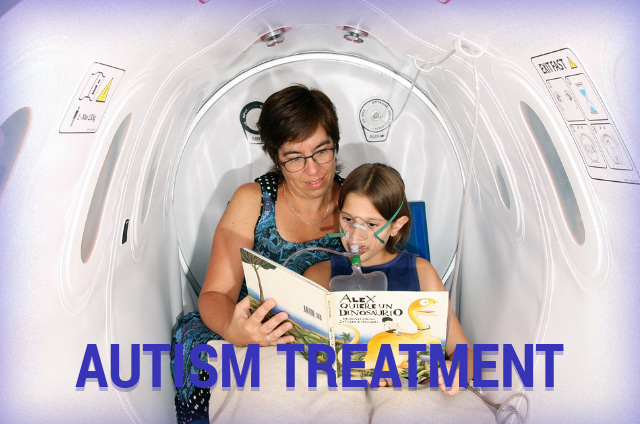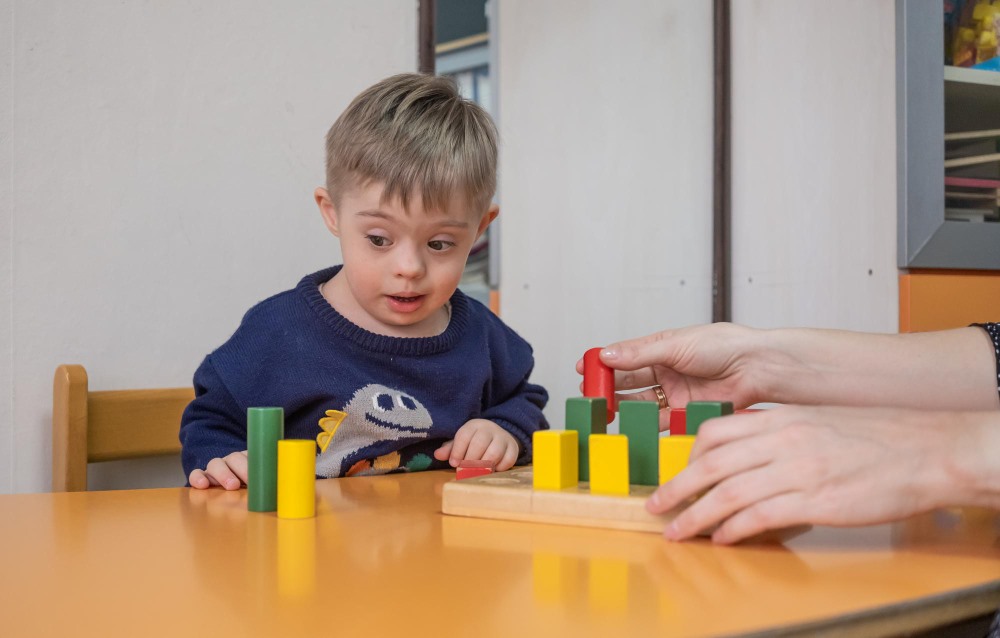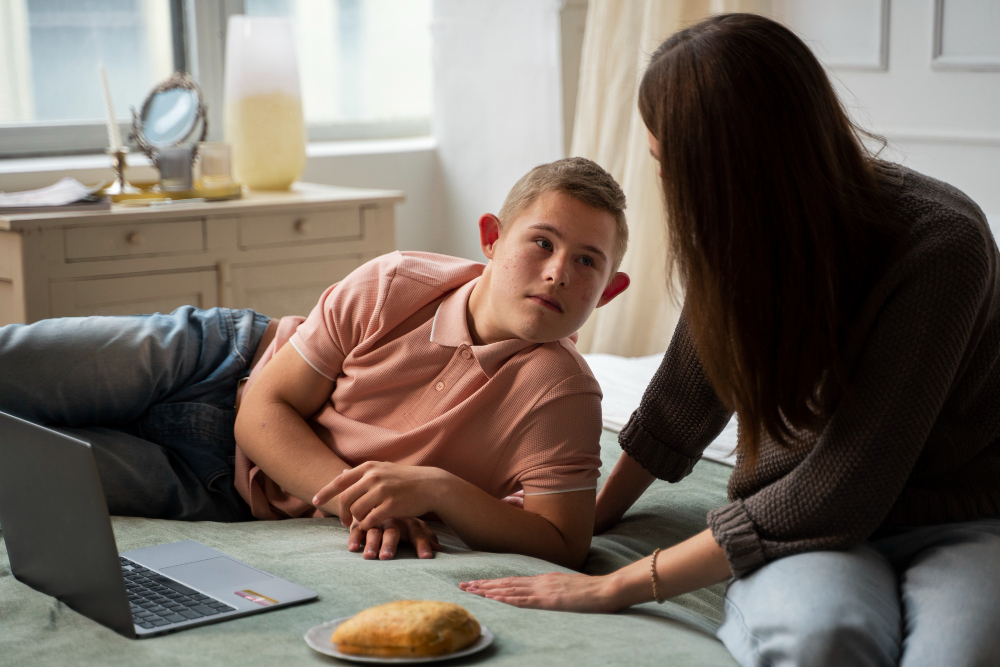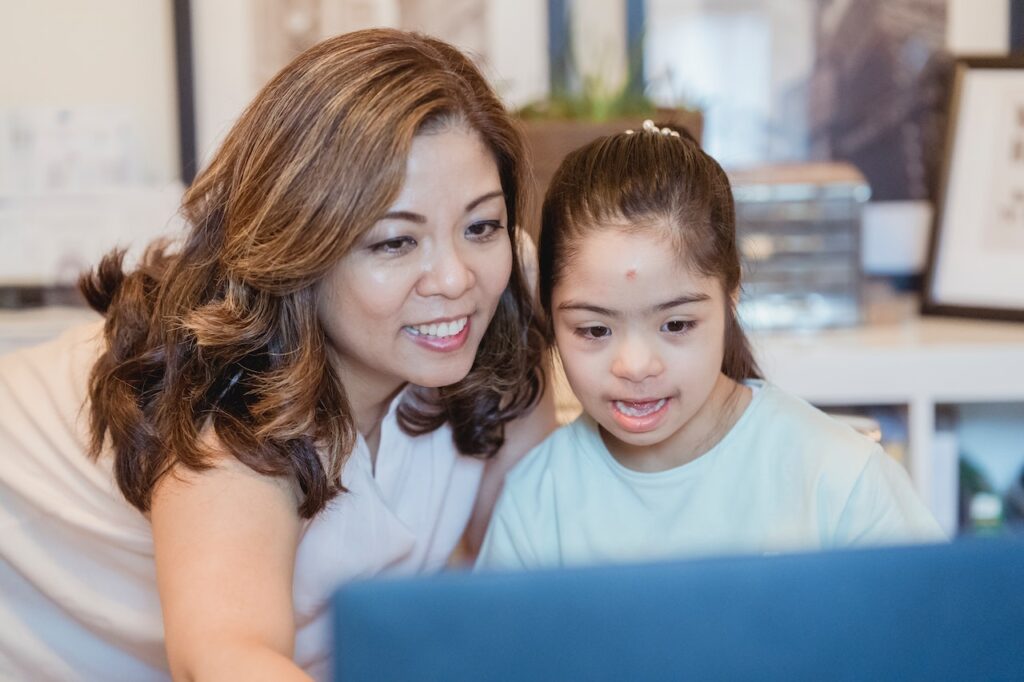From the start, typically developing infants are social beings. Early in life, they gaze at people, turn toward voices, grasp a finger, and even smile.
In contrast, most children with autism seem to have tremendous difficulty learning to engage in the give-and-take of everyday human interaction.
Some social symptoms are enumerated below:
1. Often in the first few months of life, children with autism do not interact and they avoid eye contact.
2. They seem indifferent to other people, and often seem to prefer being alone.
3. They may resist attention or passively accept hugs and cuddling. Later, they seldom seek comfort or respond to parents’ displays of anger or affection in a typical way.
4. Research has suggested that although children with autism are attached to their parents, their expression of this attachment is unusual and difficult to “read.” To parents, it may seem as if their child is not attached at all. Parents who looked forward to the joys of cuddling, teaching, and playing with their child may feel crushed by this lack of the expected and typical attachment behavior.
5. Children with autism also are slower in learning to interpret what others are thinking and feeling. Subtle social cues whether a smile, a wink, or a grimace may have little meaning.
To a child who misses these cues, “Come here” always means the same thing, whether the speaker is smiling and extending her arms for a hug or frowning and planting her fists on her hips! Such symptoms call for immediate autism treatment.
Without the ability to interpret gestures and facial expressions, the social world may seem bewildering. To compound the problem, children with autism have difficulty seeing things from another person’s perspective. Most 5-year-olds understand that other people have different information, feelings, and goals than they have. A child with autism may lack such understanding. This inability leaves them unable to predict or understand other people’s actions.
Although not universal, it is common for children with autism also to have difficulty regulating their emotions. This can take the form of “immature” behavior such as crying in class or verbal outbursts that seem inappropriate to those around them. The individual with ASD might also be disruptive and physically aggressive at times, making social relationships still more difficult. They have a tendency to “lose control,” particularly when they’re in a strange or overwhelming environment, or when angry and frustrated. They may at times break things, attack others, or hurt themselves. In their frustration, some bang their heads, pull their hair, or bite their arms.
Excerpt – http://www.nimh.nih.gov/health/publications/autism/what-are-the-autism-spectrum-disorders.shtml




ôððððð. ýõ ÿûþхøõ уöõ…
In contrast, most children with autism seem to have tremendous difficulty learning to engage in the give-and-take of everyday human interaction…..